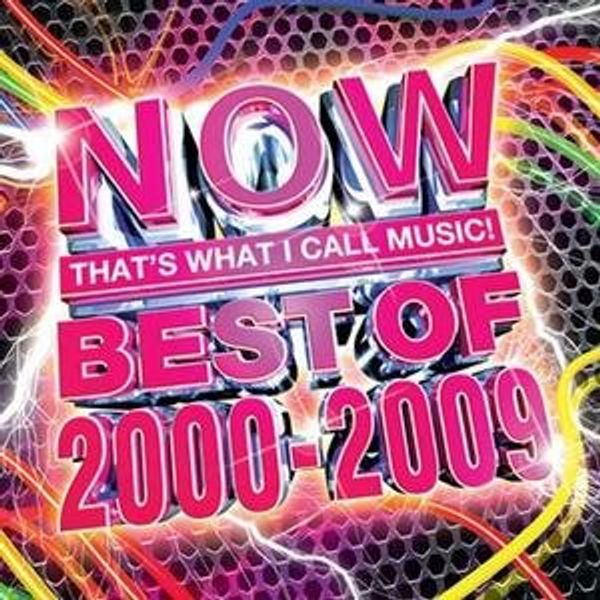Over the past decade, pop culture has been influenced as a result of the emergence of a major city known to many as “Hotlanta”. The city is responsible for producing some of the biggest names in the music industry along with some of the most innovative music producers.
A lot of credit goes to the creation of the subgenre, “Trap Rap”, which spearheads the culture of Atlanta. Trap Rap differs from traditional rap in that “trap” adds southern “twang” while also incorporating urban lifestyle. This has never been associated before in music, which is arguably the reason many people refer to Atlanta as “The Hollywood of the South”.
The foundation behind Atlanta’s culture stands the rap subgenre, Trap Rap. Trap Rap is a genre of rap that originates from the collision of rap and the hard-knock, drug dealing culture prominent in impoverished neighborhoods, particularly Atlanta. Trap Rap emphasizes explicit content as well as a driving bass and heavy synthesis. The term “trap” refers to a place, often an abandoned house, where dealers sell drugs.
Although the term has a negative connotation, the systematic segregation of major cities puts minorities in situations where “serving dope” is the only way of survival. The establishment of “The War on Drugs”, which eventually led to mass incarceration, also created a never-ending cycle for millions of African American and Latinx people. The lack of support for ex-convicts from the government makes it difficult for them to “get out of the game” and stay out of prison.
The platform of Trap music allows rappers to share their struggles growing up and shines a positive light on their experiences regarding the difficulty of growing up in a rough environment. One common theme in Trap is the “rags to riches” narrative which is prevalent with many artists of this genre.
In the song “Came from Nothing” by Migos, the leader of the group, Quavo, says, “I was trapping on the Nawf (Northside). Now it's 40 thousand for a show, forreal”. Quavo, like many other trap rappers in Atlanta, was a victim of the “dope game” at a young age. Today, he is pursuing his dream by doing what he loves; but more importantly, he has beaten the odds set against him many centuries before he was even born.
Trap music came into existence in the early to mid-2000s but was not as mainstream as it is today. The pioneers of Trap Rap, such as Waka Flocka, Gucci Mane, OJ the Juiceman, Young Dolph, Three 6 Mafia, and Young Jeezy were often criticized for the lack of lyricism as well as content.
It also didn’t help that the “rap game” at that time was dominated by Northern rappers such as Jay-Z and Kanye West and others who were deemed as more sophisticated and geniuses of music. Even though the criticism, Trap Rap was well-renowned in the South. Gucci Mane’s album, The State vs. Radric Davis, was certified Gold by the Recording Industry Association of America (RIAA) and ranked #10 on the Top Billboard 200 in the first week in 2009. While Waka Flocka’s, Flockaveli, sold 37,000 copies in the first week and ranked number six on the Top Billboard 200 in 2010.
Today, Atlanta owns many of the “rap game’s” hegemons, with four being Migos, Future, Gucci Mane, and 21 Savage. According to Forbes, Rap has surpassed Rock as America’s favorite genre accounting for 25.1% of music consumption in the United States compared to 23% of music consumption coming from the Rock genre. Atlanta’s influence alone for such a feat is not a question. From the breakout track “Versace” featuring Drake to their platinum-selling album, Culture, with the hit of the decade “Bad and Boujee”, the Migos have emerged as one of the most dynamic rap trios of all time and one of the most compelling artist(s) in 2018.Other artists, such as Future and Lil Yachty, are also receiving similar success by excelling in their individual craft while influencing other genres such as R&B and pop. Atlanta’s on the come up and there’s no denying it. We are witnessing the beginning of a new era!



















